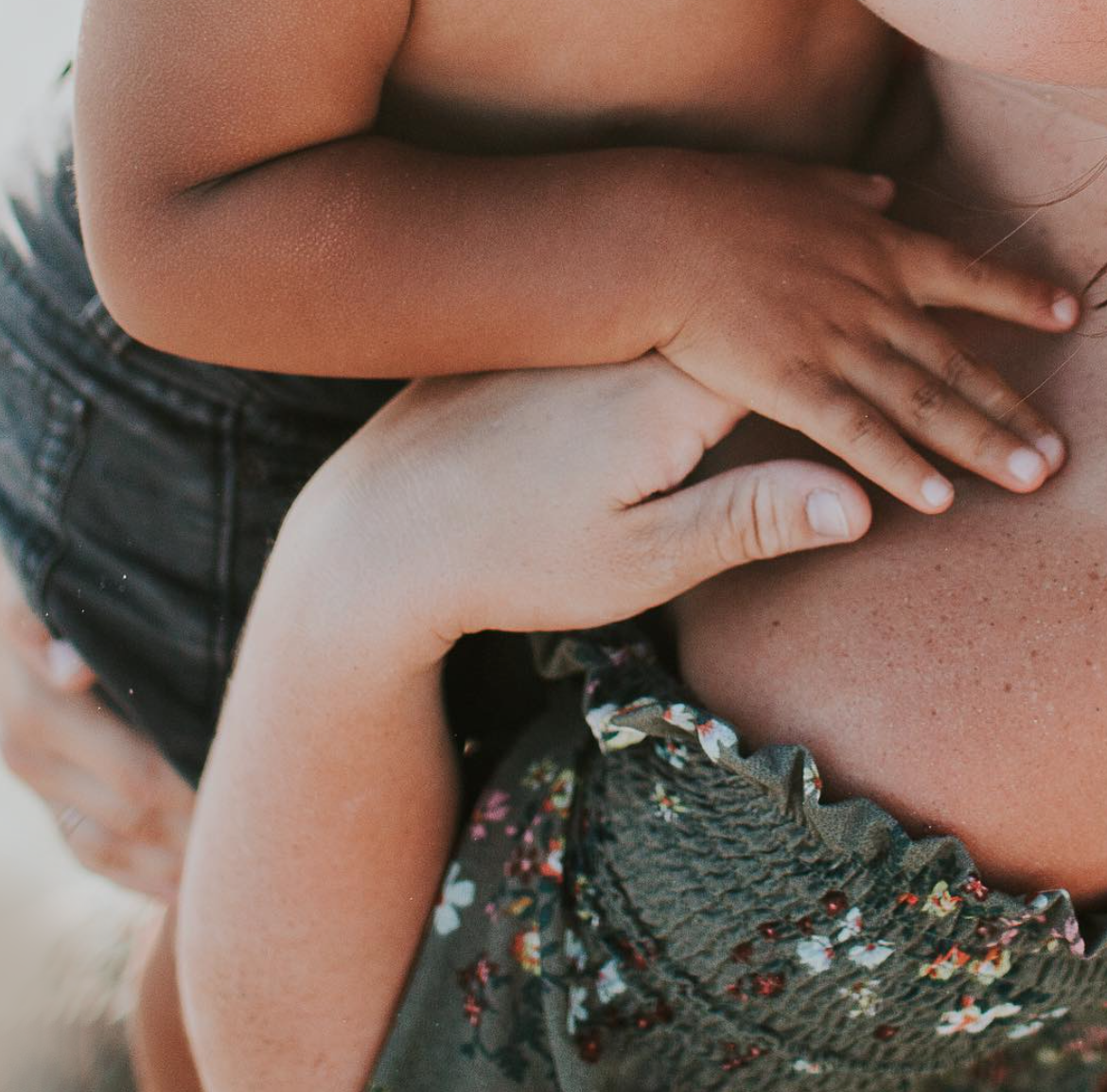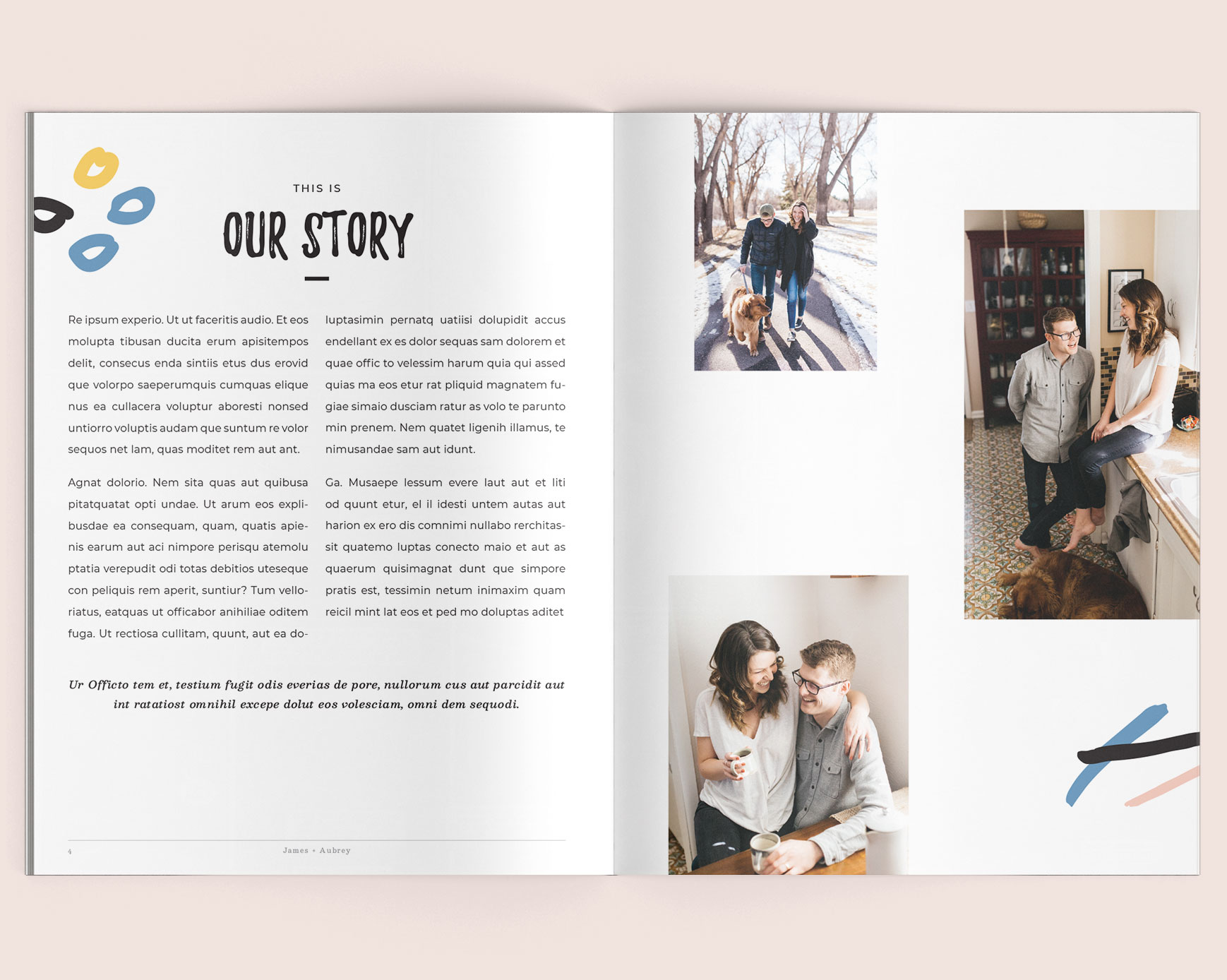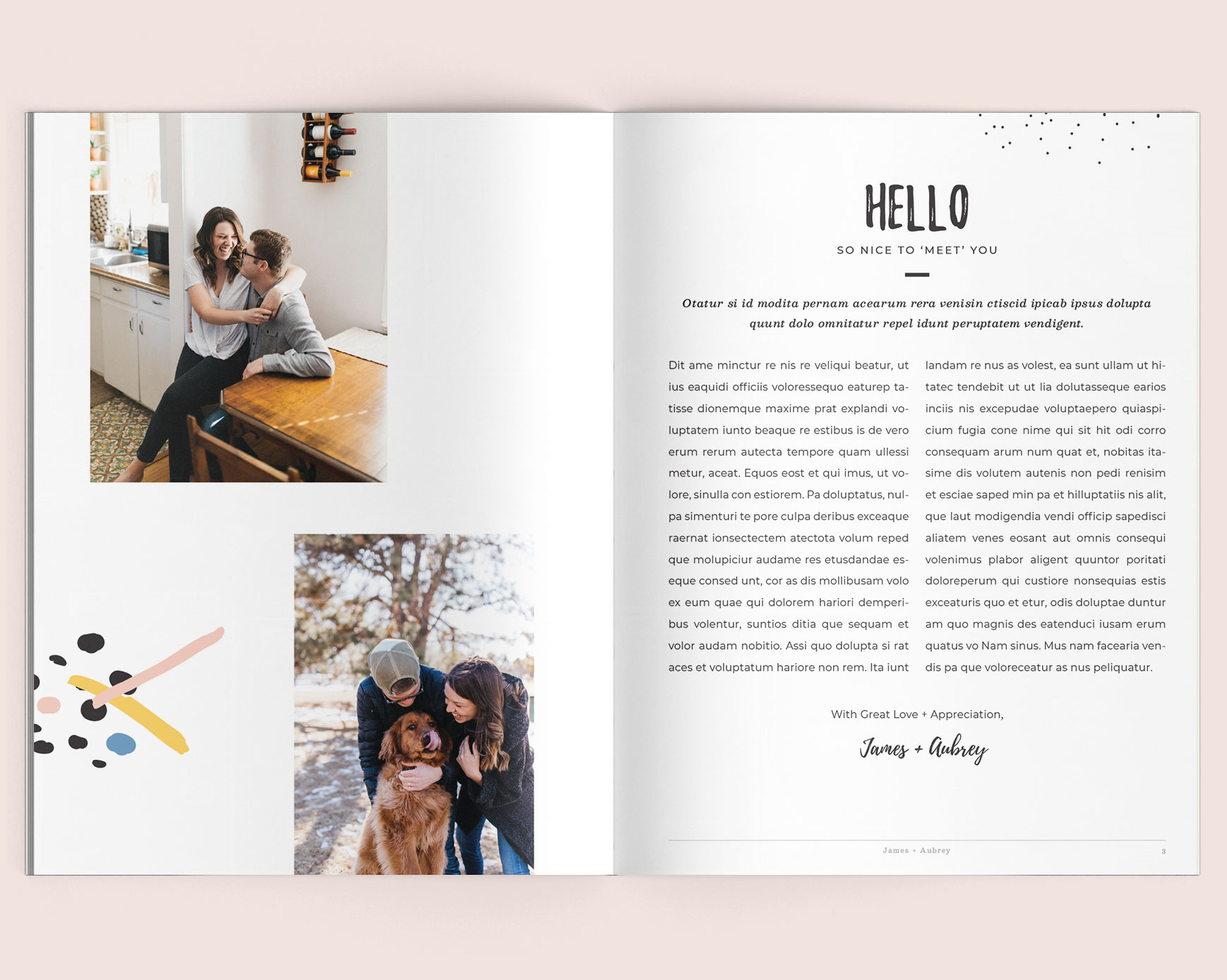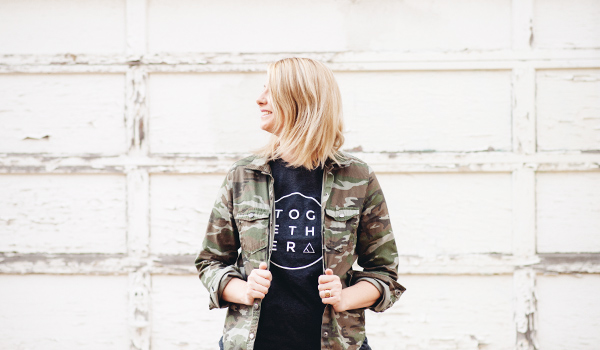When my wife and I started to discuss building our family through adoption, I jumped into the topic the same way I do everything: head first. I first learned about open adoption during college while writing my senior thesis on narratives of authenticity used by egg donation recipient mothers and families. At the time, there was little scholarship around openness in egg and sperm donation and so much of the groundwork was based on the study of adoption. Still, I knew next to nothing about the history of adoption or its ethics beyond considerations of transparency and openness within individual families.
What I learned horrified and humbled me in turns: historical and present-day coercive and exploitative practices by adoption professionals that harm expectant mothers and parents, the narratives of adult adoptees, especially transracial and transnational adoptees, sharing stories about being raised in homes and environments that did not reflect their culture, language or communities, and the undeniable link between adoption and structural racism. But I took heart that I could listen and learn and do the work to embody with integrity the complicated position of participating in and benefitting from an inherently broken system.
However, it was my next foray into adoption that most surprised me and left me unsure about where I fit into the world of adoption: Instagram. By the time I found the outer edges of what I consider the adoption space on Instagram one thing stood out: the absence of any same-sex parents or families. Sure, there are plenty of accounts of gay parents whose families were formed by adoption. But within the Instagram space that is critically examining adoption and adoption-related practices — of which Kindred & Co. is a pillar — I found none. In part, I attribute my surprise to my experience as a lesbian. Because we cannot form families entirely on our own adoption is not uncommon within the LGBTQ community. Our regionally-based agency reflects this: I’d estimate that at least a third of the currently waiting families are LGBTQ. For this reason, I was surprised not to see more LGBTQ parents within the Instagram adoption community.
My growing awareness that there aren’t many gay voices represented in this space came with another realization: many of the prominent voices and organizations within the adoption space are explicitly Christian. Although I had learned about the historical relationship between adoption and Christianity, this still surprised me. Again, my reaction was shaped in part by my own sphere of influence and exposure. I am a practicing Buddhist from a family of lapsed Catholics and atheists. The agency we are working with is not Christian-based and the adoptive parents I know are similarly spiritual-but-not-religious.
For me, Christianity and sexuality are always in conversation. One cannot be considered without reference to the other. Even growing up in a largely non-observant Catholic home in a liberal part of New England, religion featured prominently in the internal work I had to do to come to terms with being gay. Divesting from the message that you are going to Hell is no easy task — even if you don’t believe in Hell to begin with. Unfortunately, my experiences as an out-and-proud lesbian continue to make me wary of overtly Christian spaces and people, as religion is often leveraged to justify the denial of equal rights to LGBTQ people. This is true too in the adoption and foster communities. The Supreme Court will soon hear a case between a Catholic foster agency and my current home of Philadelphia; the agency sued the City of Philadelphia after it cancelled its contract with the agency for refusing to place foster children with same-sex couples in violation of Philadelphia’s non-discrimination laws.
The weight of these experiences led me to assume that because I didn’t see anyone like me in these Christian-infused spaces on Instagram that I wasn’t welcome as an LGBTQ hopeful adoptive parent. This perceived rejection hurt, not least because I worry about the degree of difference my future child will experience as a transracially adopted child of white lesbian mothers. Would the adoption community not be a safe haven for families like ours?
I wrote a letter and sent it to Hannah on Instagram. It was part preemptive righteousness at my perceived rejection and part pleading my case for why families like mine should have a seat at the table. I also wanted to know why I didn’t already know whether I was welcome at Kindred: “For all the time I have spent wondering if I am welcome or if I belong, I haven’t stopped to wonder why I have to wonder.” I was curious about whether Hannah knew any LGBTQ adoptive parents; whether she feared the response from the online community, and Christian followers and faith-based partners in particular; or perhaps her own faith dictated the absence of LGBTQ families on Kindred. I simply did not know.
Happily, my assumptions and projections, particularly around faith, proved to be just that. Hannah was welcoming and invited a dialogue around LGBTQ inclusivity on Kindred and I breathed a happy sigh of relief. And now here I am. However, I don’t regret my initial wariness. It’s part of what keeps me safe as an LGBTQ person moving through the world. But I am grateful I took the risk to reach out. It offered a glimpse of the world I hope for my future child — one where we can all have a seat at the table and connect across differences in ways that make us all a little bit better.
WRITTEN BY TRACIE PALMER: Tracie lives in Philadelphia with her beautiful wife and two senior rescue dogs where she works as a trial attorney. A Cancer baby who grew up on the beaches of Cape Cod, her heart longs for the ocean and is ruled by the moon. She loves to travel, cook and never says no to a glass of champagne. A practicing Tibetan Buddhist, Tracie relies on her practice to sit with the truth of what is and to embrace this precious present moment. She and her wife are hopeful adoptive parents riding out the weight of the wait.











Bev ElogeTracie—you are incredible! Hannah will carry your truth with love and care. ❤️❤️ Your story is beautiful and I ache for you as you walk through the adoption process.